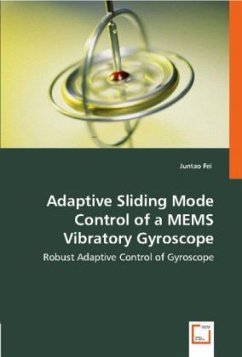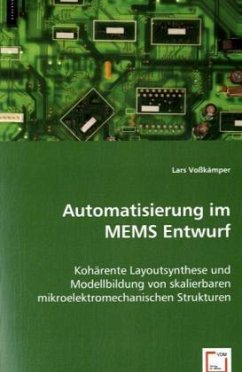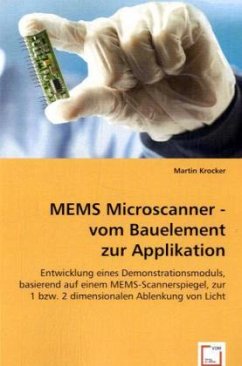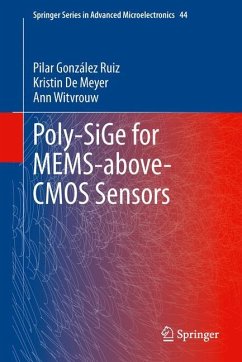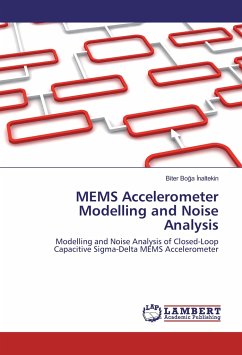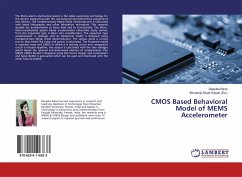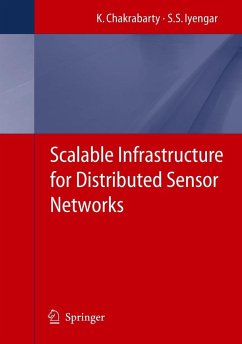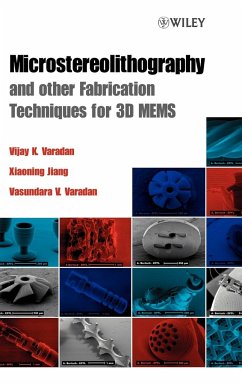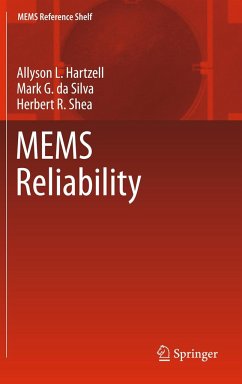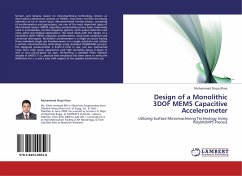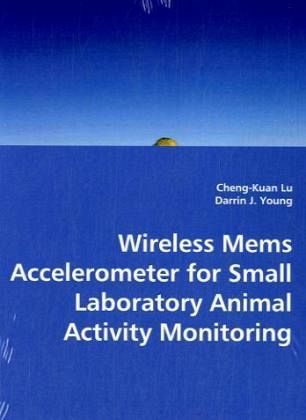
Wireless MEMS Accelerometer for Small Laboratory Animal Activity Monitoring
Versandkostenfrei!
Versandfertig in 6-10 Tagen
32,99 €
inkl. MwSt.

PAYBACK Punkte
16 °P sammeln!
Exploring genomic functions requires accurate hysiological data acquisition to reveal the connection between genomic structure and medical symptoms. Most of these genetic experiments begin by changing certain genomic sequences of laboratory mice and then monitoring their physiological behavior. Physiological parameters typically include blood pressure, EKG, EEG, heart rate, body temperature, and body activity. In order to acquire accurate data with minimum distortion, a miniaturized wireless sensor without battery is highly desired.This work focuses on wireless activity sensor development. A l...
Exploring genomic functions requires accurate hysiological data acquisition to reveal the connection between genomic structure and medical symptoms. Most of these genetic experiments begin by changing certain genomic sequences of laboratory mice and then monitoring their physiological behavior. Physiological parameters typically include blood pressure, EKG, EEG, heart rate, body temperature, and body activity. In order to acquire accurate data with minimum distortion, a miniaturized wireless sensor without battery is highly desired.This work focuses on wireless activity sensor development. A lateral-axis differential capacitive MEMS accelerometer is designed and fabricated in MUMPs process. The system has been characterized withan untethered laboratory mouse. The received signal shows various acceleration waveforms corresponding to different types of mouse activities. The MEMS accelerometer and interface circuit can be potentially integrated with other biological sensors to achieve a miniature implantable biosensing system.



